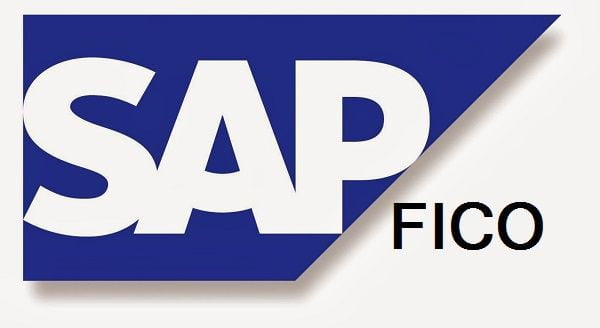SAP FICO (Financial Accounting and Controlling) is critical in SAP ERP because it integrates financial and management accounting functions. It assists organization’s in managing their financial transactions, tracking costs, ensuring regulatory compliance, and producing accurate financial reports. Within the SAP ERP system, FICO plays an important role in providing a comprehensive view of an organization’s financial health, assisting in decision-making and strategic planning.
SAP FICO (Financial Accounting and Controlling) is important in SAP for a number of reasons:
- Financial Management: FICO handles core financial functions such as general ledger accounting, accounts payable, and accounts receivable. This ensures that financial transactions are correctly recorded and tracked.
- FICO enables real-time financial reporting, providing decision-makers with up-to-date data for better analysis and strategic planning.
- Cost Management: The FICO Controlling module assists organizations in effectively managing costs by allowing them to monitor and control expenses through features such as cost centers, internal orders, and profitability analysis.
- Compliance: FICO assists organizations in meeting legal and regulatory requirements by providing tools for financial reporting and compliance checks.
- FICO seamlessly integrates with other SAP modules, ensuring a consistent flow of information across various business processes such as materials management, sales, and production.
- FICO supports decision-making by providing insights into an organization’s financial performance and trends through its robust reporting and analysis capabilities.
- Audit Trails: FICO provides a detailed audit trail, ensuring transparency and traceability of financial transactions, which is critical for internal and external audits.


In summary, SAP FICO is important because it facilitates efficient financial management, ensures compliance, supports decision-making, and integrates seamlessly with other SAP modules, all of which contribute to the overall effectiveness of an organization’s ERP system.
Modules that integrates with sap fico :
SAP ERP is made up of several integrated modules that cover various aspects of business processes. Some key modules are as follows:
SAP ERP consists of various integrated modules that cover different aspects of business processes. Some key modules include:
- SAP MM (Material Management): Handles procurement and inventory management, integrating with other modules like SD and PP.
- SAP SD (Sales and Distribution): Manages sales, distribution, and order fulfillment processes, integrating with MM and PP.
- SAP PP (Production Planning): Deals with production planning and control, linking with MM, SD, and QM.
- SAP HR (Human Resources): Manages HR processes, including payroll and employee data, with integration to other modules for organizational efficiency.
- SAP WM (Warehouse Management): Controls warehouse processes and integrates with MM for effective material flow.
- SAP QM (Quality Management): Ensures product quality and integrates with MM and PP for quality control in procurement and production.
- SAP PM (Plant Maintenance): Manages equipment and maintenance processes, integrating with MM and SD.
- SAP PS (Project System): Supports project planning, execution, and monitoring, integrating with other modules for comprehensive project management.
- SAP CRM (Customer Relationship Management): Focuses on managing customer relationships and integrates with SD for sales processes.
- SAP SRM (Supplier Relationship Management): Supports procurement processes and integrates with MM.
- SAP BW (Business Warehouse): Provides data warehousing and reporting capabilities, integrating with various SAP modules for comprehensive business intelligence.
- SAP SCM (Supply Chain Management): Encompasses various modules like APO (Advanced Planning and Optimization) for optimizing supply chain processes.
- SAP EWM (Extended Warehouse Management): An extension of SAP WM with advanced capabilities for complex warehouse processes.
- SAP GRC (Governance, Risk, and Compliance): Manages risk and compliance issues, integrating with various modules to ensure adherence to regulations.
These modules work together to streamline business processes, enhance efficiency, and provide a holistic view of an organization’s operations within the SAP ERP system. Integration among modules ensures seamless data flow and facilitates end-to-end business processes.
